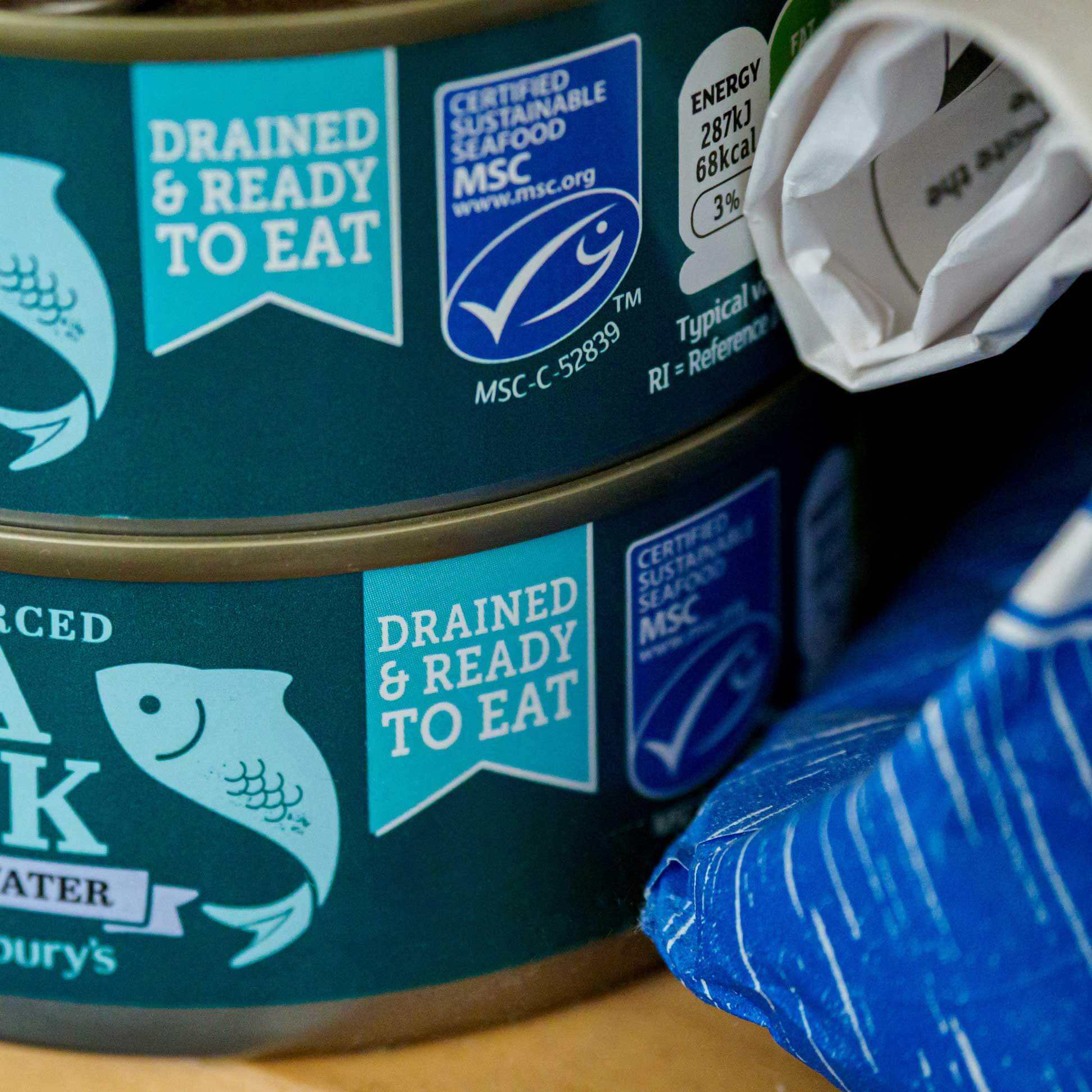Navigating data protection in the food sector: The case of HelloFresh
14th February 2024

As the food sector increasingly embraces digital technology, data protection has moved steadily up the risk agenda. This was recently highlighted by the case of HelloFresh, the popular food delivery service, which received a significant fine for its handling of customer data.
HelloFresh has been fined £140,000 by the Information Commissioner’s Office (ICO) for a seven-month campaign in 2022 which involved the sending of 79 million emails and one million texts. This mass communication was classed as spam, and the company was criticised for not providing its customers with sufficient information regarding the use of their data for marketing purposes.
The ICO’s investigation into HelloFresh began in March 2022, following a series of complaints from customers who continued to receive marketing communications from the company even after they had explicitly requested it to stop. The head of investigations at the ICO said that this situation highlighted a clear breach of trust, as customers were not adequately informed about what they were opting into, nor was it clear how to opt out. The company’s actions demonstrated a disregard for the data protection rights of its customers, leading to a barrage of unwanted marketing texts and emails.
A spokesman for HelloFresh stated that they had worked closely with the ICO and made necessary changes to their SMS and email policy.
This case serves as a stark reminder of the importance of data protection in the food sector. As companies collect more customer data to personalise their services and improve their offerings, they must also ensure they are transparent about how this data is used.
Companies should clearly communicate their data policies to customers, ensuring they understand what they are opting into and how they can opt out. They should also respect customer requests to stop communication and ensure they have robust systems in place to prevent unwanted contact.
While digital technology offers significant benefits for the food sector, it also brings new responsibilities. Companies must navigate the delicate balance between leveraging customer data for business growth and respecting their customers’ data protection rights. The repercussions of failing to do so, as seen in the case of HelloFresh, can be costly both financially and in terms of customer trust.
Our Regulatory & Compliance experts have a great deal of experience advising clients on how to stay on the right side of the data protection rules. But if things do go wrong, we can help. Our track record and professional backgrounds mean that we have insight into both the regulators’ mindset and our clients’ fundamental needs so please just give us a call.














